Codependency
Codependency is a word that has been thrown around and used a lot over the last 30 years within the psychology community. In fact, it has become synonymous with the partner of an addiction. Unfortunately, this use has brought more harm than its original intention. What is not said, is that everyone is codependent to varying degrees with others. Codependency can be best seen as a spectrum of relational identity with others. The opposite of codependency is independence / isolation. That is not what we want either…what we need is interdependence.
Signs of codependency
Low self-esteem
Family / Current Relationship Dysfunction
Having poor boundaries
Emotional Reactivity
Feeling a compulsion to take care of others
A need for control, especially over others
Fixating / feeling shame over mistakes
Mistakenly pitying others (thinking its love)
People Pleasing / Always wanting to be liked by others
Fear of Abandonment
Healing Process
We did not just choose to become codependent. Codependency was learned behaviors from past relational experiences. We act out our codependent behaviors often subconsciously. This is why it is so hard to stop. There are two common factors that contributed to us being codependent and that is the loss of power and control. When this occurs, we move to relate (without even thinking) in codependent ways often (though subconsciously) out of fear of abandonment and fear. Healing requires knowing what happened to us to develop these patterns and learning to start advocating for ourselves. Most find this very challenging because much of the healing behaviors go against our old ways of relating. This is why we find it is very important to have support, both through individual therapy as well as from a community of others that have experienced similar issues in relating to others.

